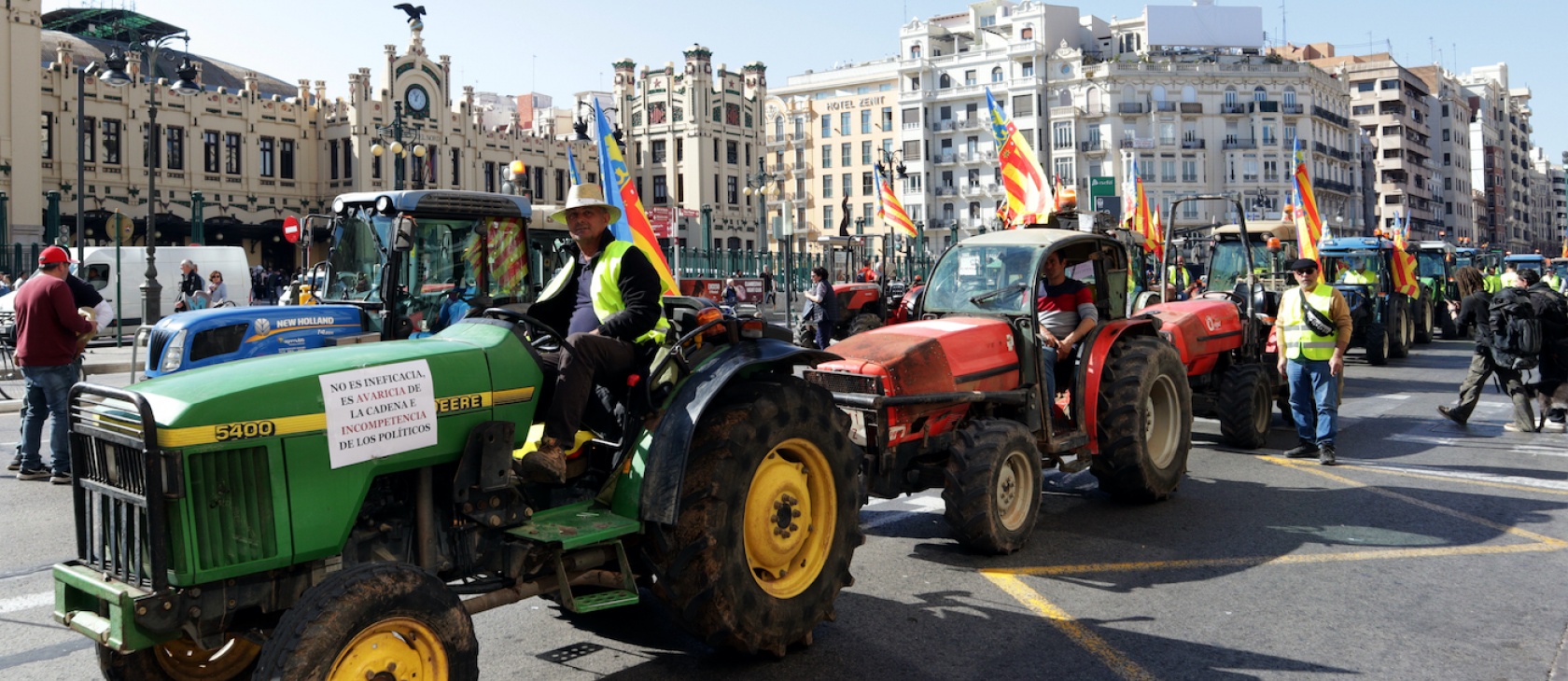In the autumn of 2018, French President Emmanuel Macron announced an increase of fuel taxes as part of his effort to transition to alternative energy.
The move sparked nationwide protests by French drivers distinguished by the yellow vests they wore. The garb gave them the nickname “gilets jaunes” in French.
Although they began as a “grassroots and nonpartisan” social movement, they counted on the support of trade unions and a motley collection of political cadres from the far-Left to the Alt-Right.
Because the movement began as a backlash against new taxes, many international observers believed they supported a free economy. But these protesters demanded a stronger welfare state, greater spending on ”public services,” and higher taxes on the rich.
The movement had a wide impact overseas among those opposed to globalists and EU bureaucrats--a constituency to which Macron certainly belongs.
In time, the spirit of the “gilets jaunes” began reproducing in other European countries. That is the case in Spain, where farmers have employed similar tactics in favor of a more expansive welfare state.
Beginning last month, before the social distancing demanded by the coronavirus made mass protests untenable, farmers launched copycat protests in some areas of Spain. They even blocked roads in provinces such as Jaén, Seville, Badajoz, and Cáceres.
They, too, have been supported by agrarian associations and trade unions, as well as political parties from across the ideological spectrum: Podemos, the People’s Party, United Left, ADÑ Coalition, and Vox.
The farmers protest the gap between the final retail price of fruits and vegetables and the amount of money per unit that workers earn. They claim they are being cheated and much of the profit is being siphoned off by big business. But their anger blossoms out of a lack of economic understanding.
Protesters seem to forget they are part of a “chain of distribution” that involves production, processing, storage, packaging, shipping, and retailing distribution. Figures from the Ministry of Agriculture show that nearly 46 percent of the final cost may be attributed to producers, whereas retail distribution agencies add only one to 1.5 percent of the final cost. This includes the main supermarkets in Spain, such as Mercadona, DIA, and Carrefour.
The farmers' economic diagnosis seems off-base when it comes to taxes, as well.
The Heritage Foundation's 2019 Index of Economic Freedom ranks Spain's tax burden just above a restricted, or "mostly unfree," level. This impacts agriculture. Farmers, too, must pay the top individual tax level, which exceeds 40 percent. Everyone pays the Value Added Tax, which is likely to rise by two points, from 21 to 23 percent. The estate tax hits farmers especially hard. This burden excludes regional and local taxes and the impact of all agricultural regulations.
On top of this, regions like Extremadura and Andalusia have the Rural Employment Plan (PER in Spanish), a state intervention that contributes to high unemployment levels.
Spain is one of the main beneficiaries of Common Agrarian Policy, which subsidizes farmers and places tariffs on food that originates outside the EU. That protectionist plan fuels the stagnation of European agriculture.
In response to a mass demonstration in Seville, the Council of Ministries issued a list of “urgent measures” on agriculture. The plan includes the following measures:
- Industries and distributors are forbidden to sell products below production costs;
- Job contracts will have to include the production cost in the price; and
- Reducing requirements to earn the PER subsidy.
As a results, supermarkets will not be able to offer consumers certain discounts.
It is true that economic interventionism damages agriculture. However, the heavier taxation being demanded goes beyond mere macroeconomic tables and estimates.
Higher taxes and steeper regulations prevent entrepreneurs from fulfilling their vision--and putting people to work, something desperately needed in these times of economic uncertainty.
Nature is God's creation, a gift that must be developed and transformed by human effort to achieve higher levels of social and economic prosperity. We should oppose any tax or regulatory scheme that inhibits people from performing this duty.








